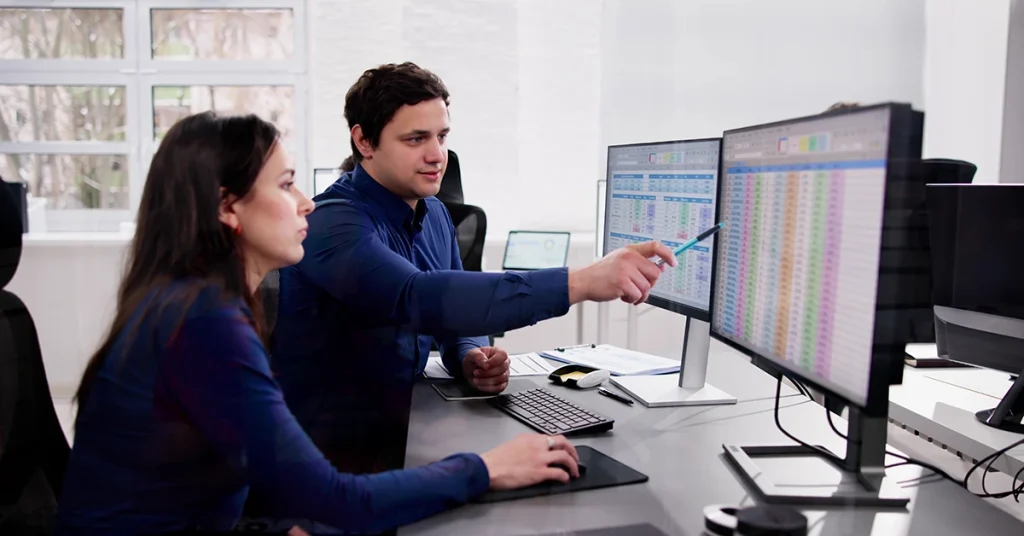Best Way to Study for the CPA Exam: Proven Prep Strategies
Conquer the CPA Exam confidently with this in-depth guide that explores the best way to study for the CPA Exam, sharing step-by-step strategies and top tools to help you pass on your first try.
Best Way to Study for the CPA Exam: Proven Prep Strategies Read More









